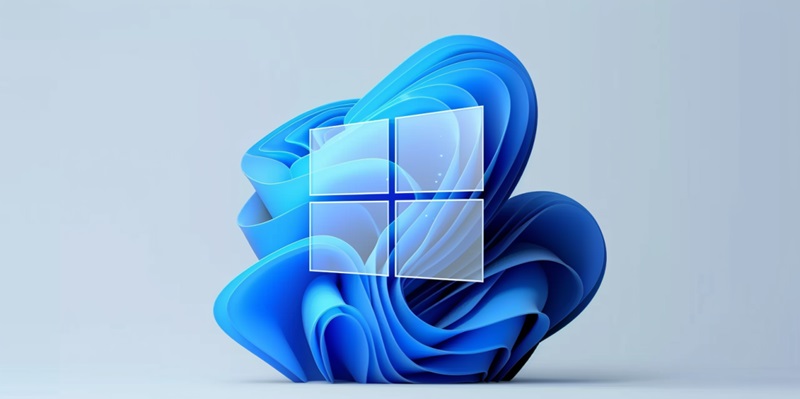Windows 11 has undoubtedly brought a range of new features and design updates to the table, but it has also introduced something much less welcome: ads. For the everyday user, encountering advertisements in places like the Start menu and File Explorer can be a source of constant irritation and distraction. It’s a problem that has been markedly absent in previous iterations of the Windows operating system.
However, Linux enthusiasts, who are generally lovers of free and open-source software without such commercial interruptions, have developed a tool that may cross the OS divide with significant impact. Enter OFGB (Oh Frick, Go Back), an ingeniously named ad-blocking tool created by a Linux aficionado specifically for Windows 11 users. It’s a novel twist in the narrative, as such individuals typically encourage a switch to Linux rather than seeking to improve the Windows user experience.
The Implications of OFGB for Windows Users
The release of OFGB marks a notable shift for Windows 11 users desiring an uncluttered interface. This tool distinguishes itself with its ease of use, efficiently stripping away the operating system’s built-in ads and elevating the user experience. It represents a broader movement where communities are actively refining major OS designs to address their needs.
Feedback has been overwhelmingly positive, establishing OFGB as a premier ad blocker for Windows 11. Its ascent in popularity is credited to both its straightforward name and its efficacy. The success of OFGB exemplifies that users often have a pulse on their optimal software requirements.
The emergence of OFGB also reflects a more significant phenomenon: Windows users are taking charge of their system customization, much like their Linux counterparts. Tools like OFGB may herald an era where cross-platform solutions directly tackle user concerns, ultimately fostering a computing environment that echoes the diverse preferences of users worldwide.

